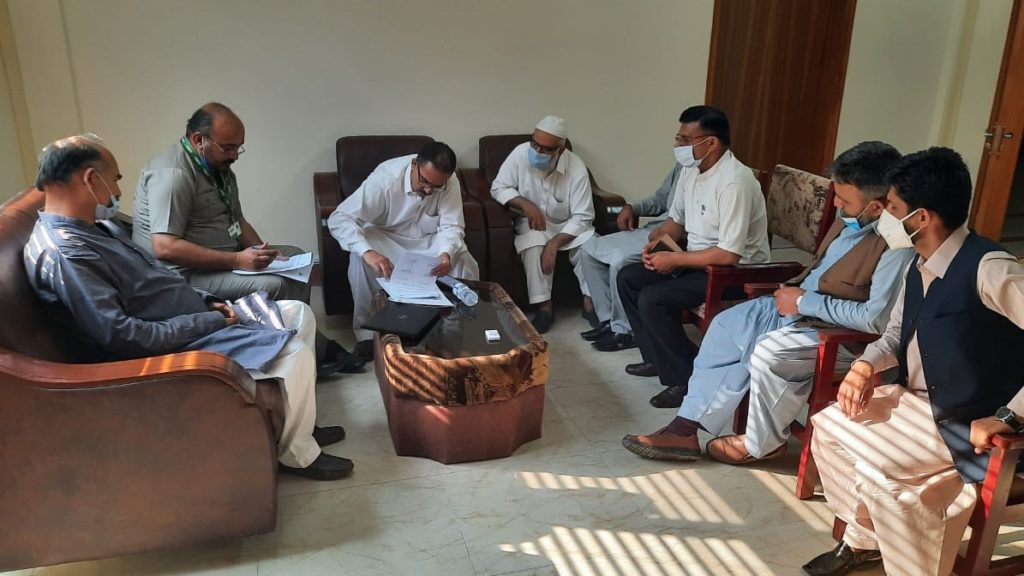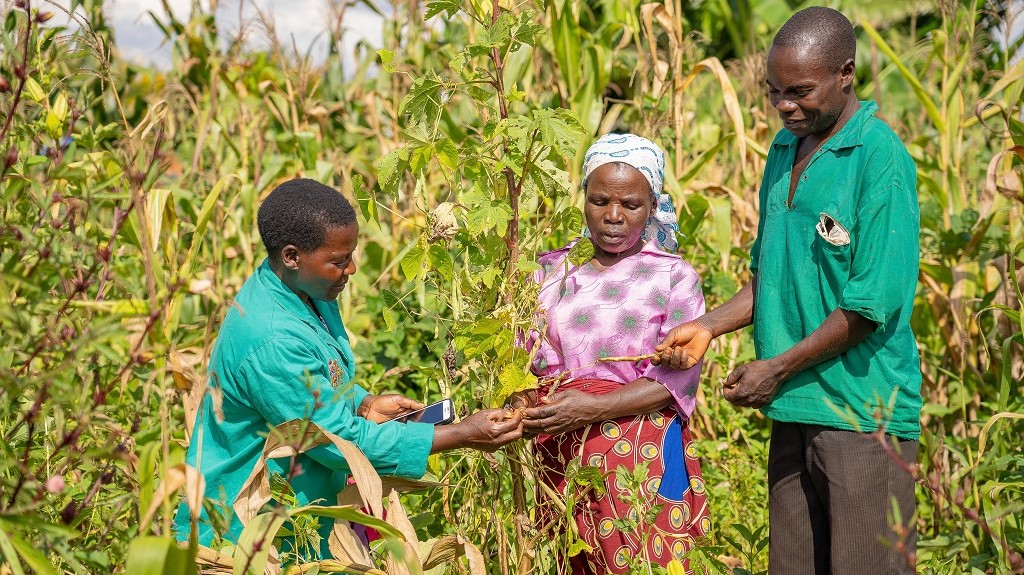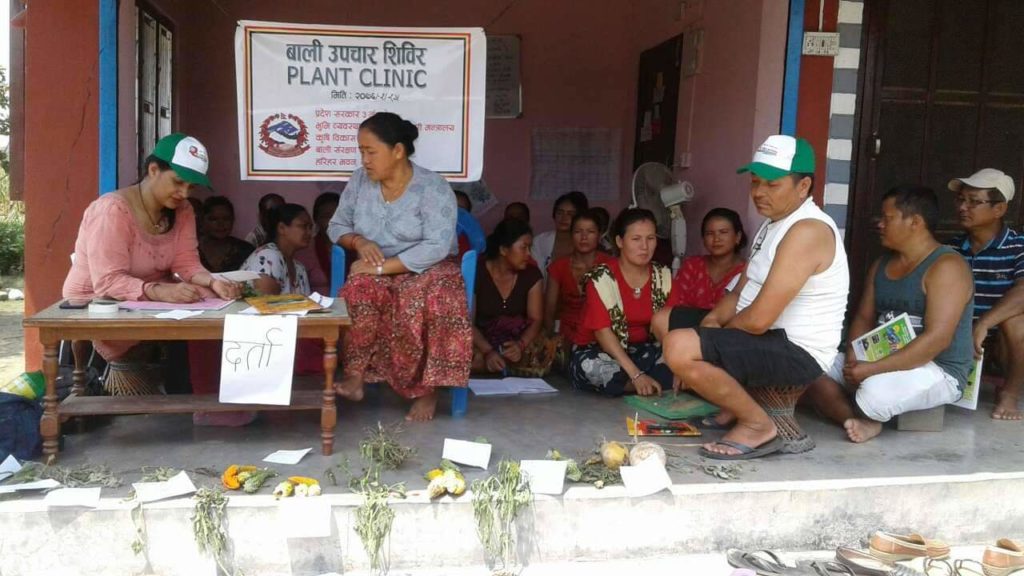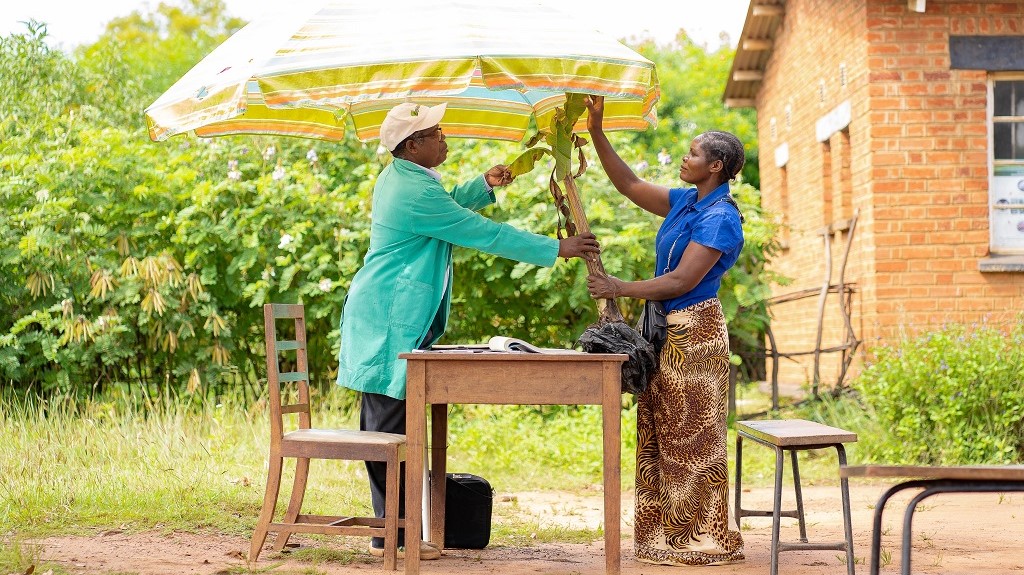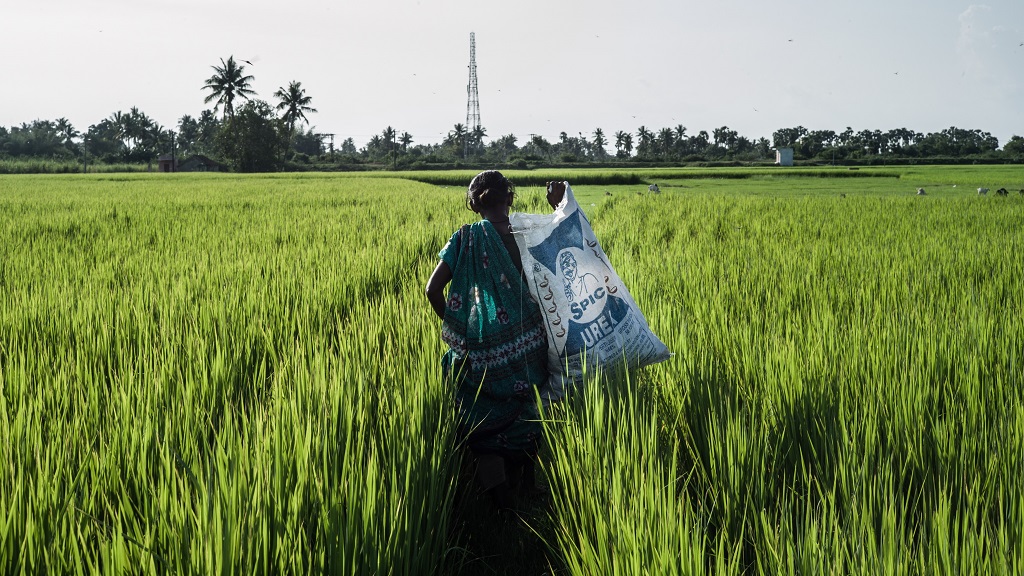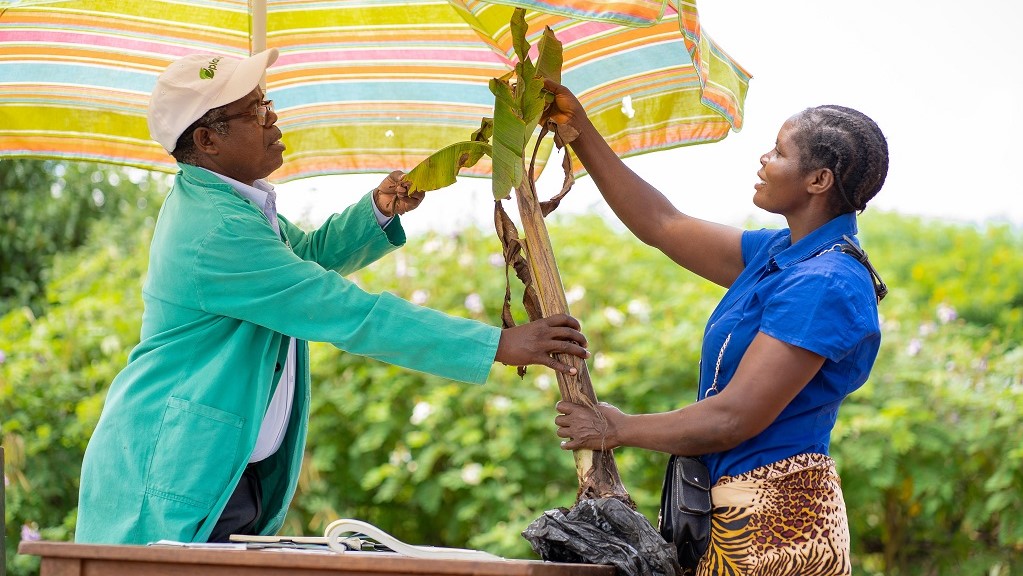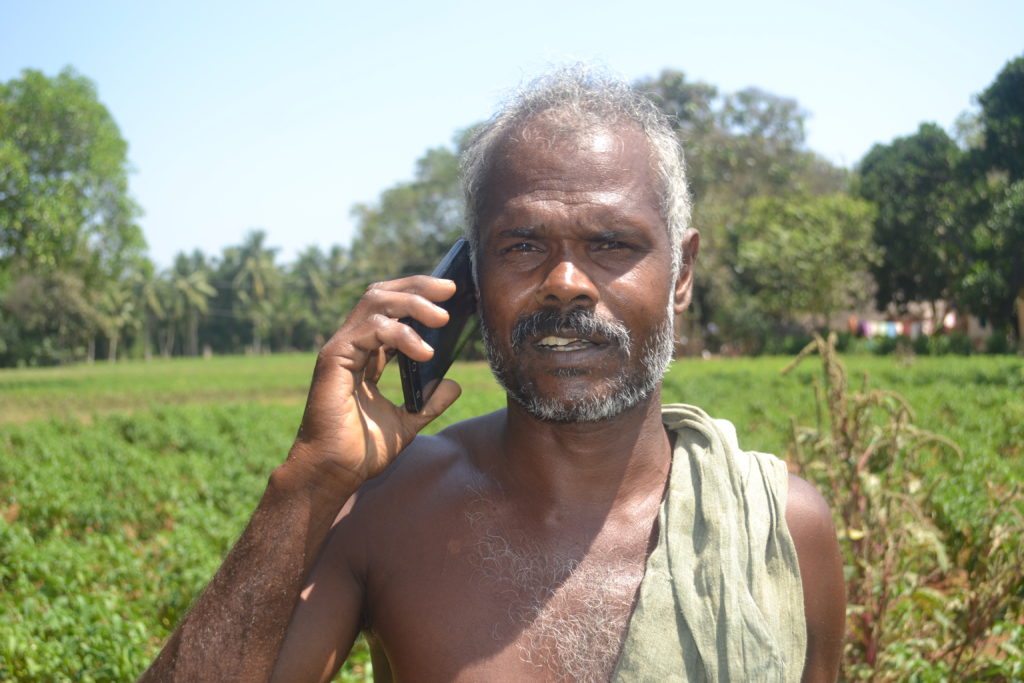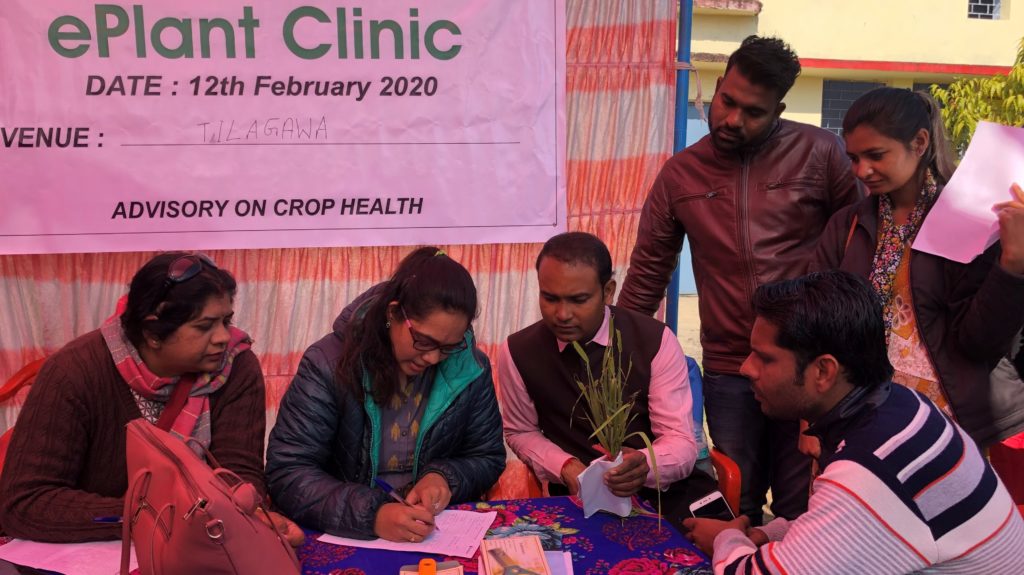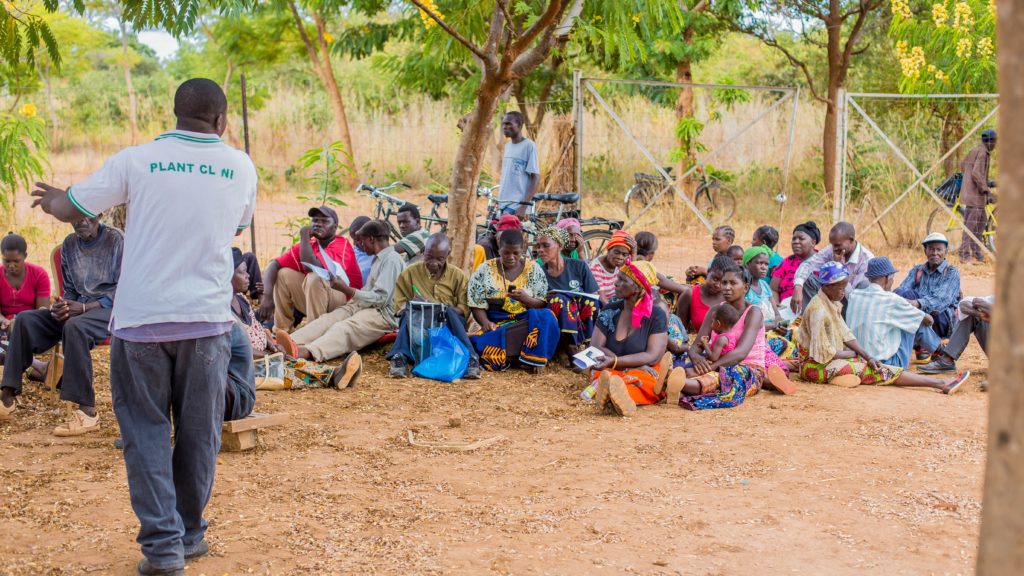PRISE is seeking partners in dissemination and crowdsourcing
The Pest Risk Information Service (PRISE) has published request for proposals (RFP) for partners in Ghana, Kenya, Malawi, and Zambia. PRISE (prise.org) helps to improve the livelihoods of smallholder farmers by reducing crop losses caused by pests across four-sub Saharan African countries.
“Plant clinics help me continue to support my family through farming.” Meet Joyce, a farmer from Malawi
Mayi Joyce Vito is a middle-aged woman with a one-acre farm in Nanjiri, Lilongwe, Malawi. She grows groundnuts, maize and occasionally, cassava. She also has a piece of dambo land where she grows vegetables and has a number of banana trees. Nanjiri is one of the areas in Lilongwe which is regarded as a ‘food…
More women are getting access to plant health advice through Plantwise and they grow the same crops as men
It is widely known that women have less access than men to agricultural extension services. Extension agents most often speak to household heads who tend to be men, as well as other male farmers. Plus, the extension agents themselves also tend to be men. Women often work longer hours than men too (12-17 hours per…
New plant doctors in India “monitor the field through a farmer’s eyes”
Launching of Plantwise training in the state of Madhya Pradesh, India. With the support of the State Government of Madhya Pradesh, under an RKVY scheme, a 6-day training programme on Plantwise modules was conducted at the Borlaug Institute for South Asia (BISA), Jabalpur, in technical collaboration with CABI.
More than advice: farmers say paid-for extension must provide a “bundle of services”
Agricultural advisory services are a critical factor to promoting agricultural development, and investments in extension services are potentially important tools for improving agricultural productivity and increasing farmers’ incomes, two desirable outcomes of food security and poverty reduction articulated in MDGs and SDGs.
- « Previous
- 1
- 2
- 3
- 4
- Next »

